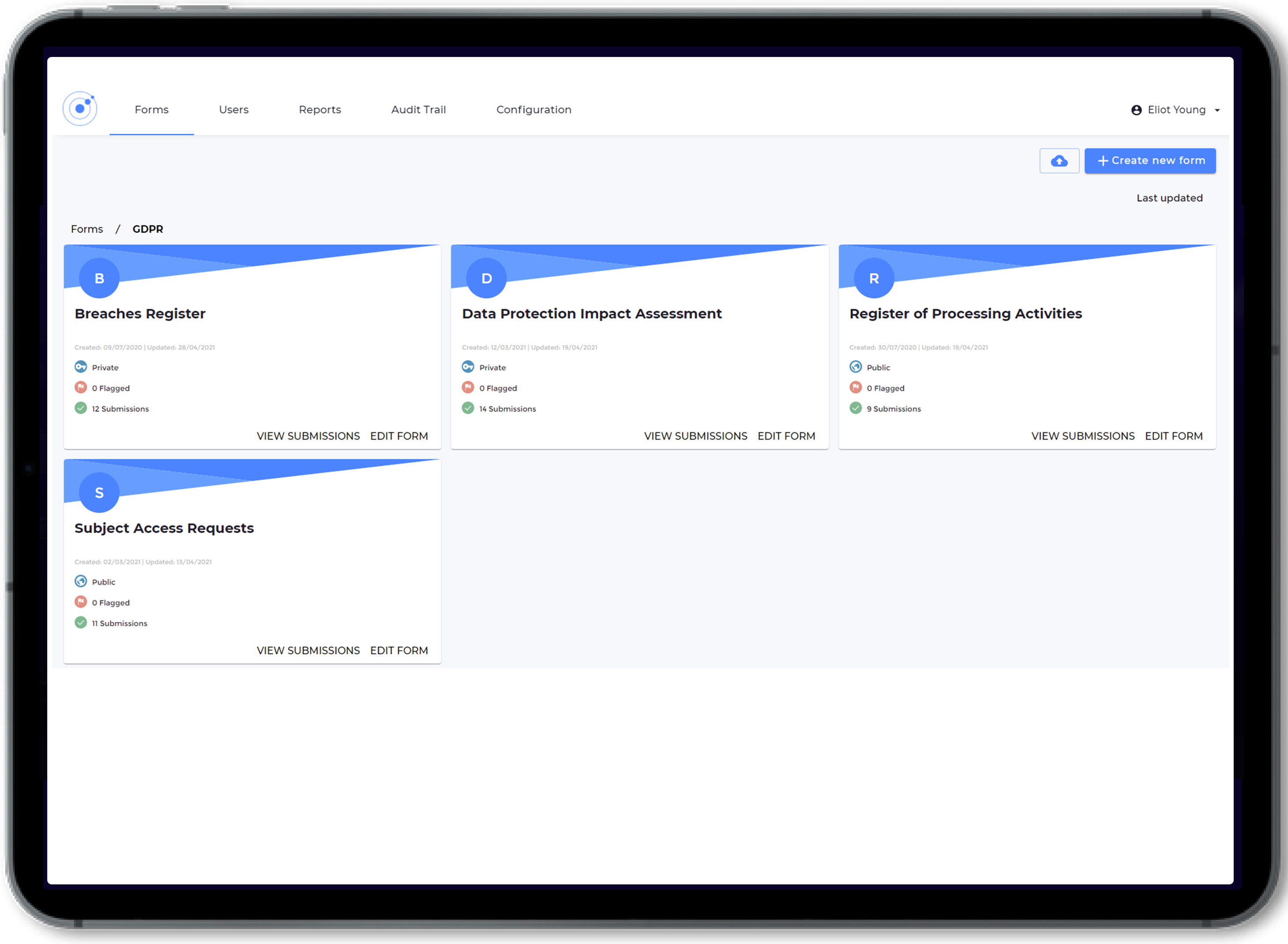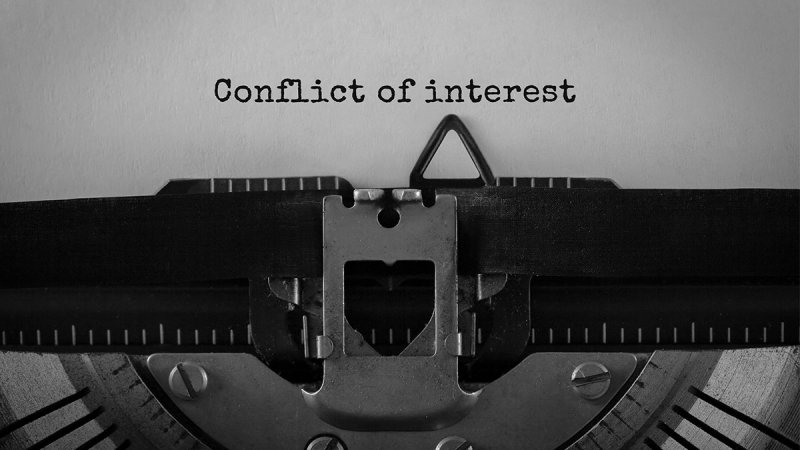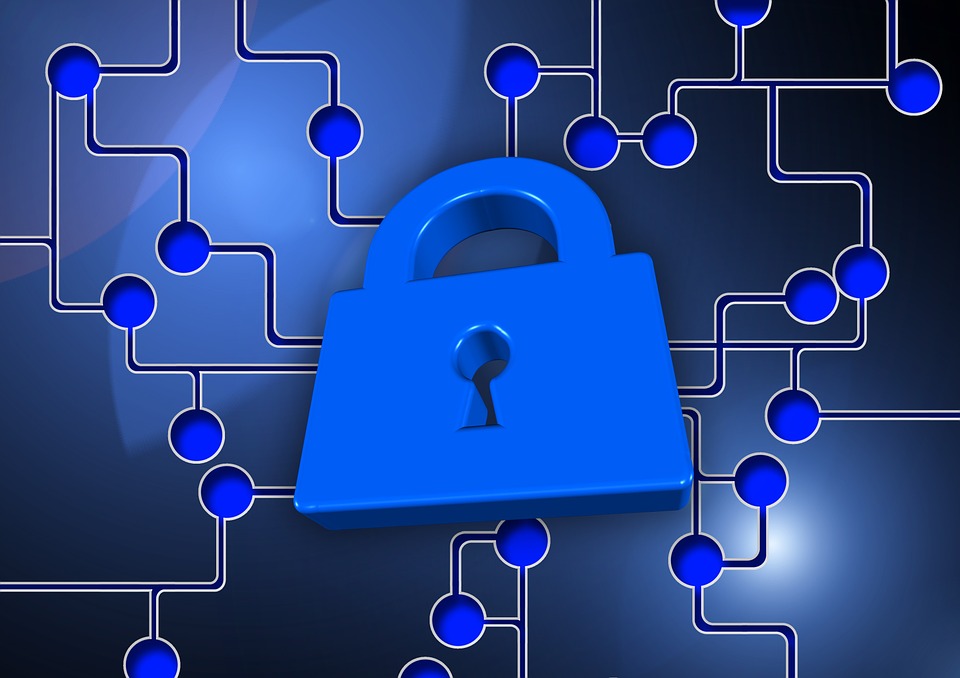Can you imagine your life without the internet?
Whilst still relatively young (the internet is 32 years old this year!) the World Wide Web has already revolutionised the way we socialise, learn, and work. There are over 4.66 billion active internet users, making more than 63,000 Google searches every second. Not to mention, nearly 54% of the total global population use some form of social media, with Facebook and YouTube each having well over 2 billion global users each.
Indeed, the ‘net has changed almost every aspect of our lives, making it easier to stay in touch across the miles, improving access to education and entertainment, and offering businesses new ways to sell products and services.
It’s true, however, that along with each of these positive advancements comes some negatives as well: online abuse, internet addiction, and unrestricted access to inappropriate content are serious issues in today’s world.
As such, it’s important that each of us learn ways to strike a healthy balance between internet usage and ‘real life’ and that we know how to protect ourselves online.
How being online can affect wellbeing
There’s no denying that being online offers multiple advantages. From online banking to working from home, it’s true that the convenience of the internet has helped boost mental health for many of us, allowing us time to focus on the things that matter.
However, just like in other areas of life, there may be occasions when using online tools can negatively affect our interactions with others, our day-to-day choices, and our mental health. For example:
- Disrupted sleeping patterns – for some, internet usage before (or in) bed can cause difficulty sleeping. The ‘blue-light’ emitted by mobile devices can interrupt our circadian sleep rhythm and having devices in bedrooms can delay when we go to sleep and over-stimulate our brains at a time when we need to wind down. Read more about sleep and wellbeing here.
- Feeling lonely or isolated – loneliness has been associated with increased internet usage, since communicating online means also constructing a kind of illusory, digital self. This version of ourselves (and those of the people we communicate online with) is incomplete and often falsified to one extent or another, meaning that the contact produced (sometimes called ‘para-socialisation’) is not the same thing as real human interpersonal relationships and intimacy. Therefore, it does not have the same benefits as face-to-face social activity and can leave users feeling more unfulfilled and lonelier than ever.
- Feeling overwhelmed – you only need to look back at the news reporting over the last year to understand how internet usage can leave users feeling overwhelmed and anxious. Many media outlets incite panic and concern simply to gain more clicks from worried readers. ‘Doomscrolling’, as it’s known, refers to the tendency to continue to surf through bad news, even though the content is scary, disheartening, or depressing. Indeed, many people find themselves without the ability to stop checking the news and take a step back.
- Feeling insecure – it’s all too easy to compare ourselves to others on social media and other online communities. Indeed, these platforms are full of edited photos and videos that portray idealised versions of so-called ‘normality’ and ‘average’ people. Comparing ourselves to online influencers – or even our personal contacts online – can lead to feelings of inadequacy, discontent, and negatively affect our confidence.
- Low mood – Our mood can be affected by the number of likes and comments we receive on the things we post online. If our posts don’t get the response and engagement we were hoping for, or if we receive negative or mean comments underneath them, it’s understandable how our self-esteem and emotions might suffer as a consequence.
- Cyber-bullying and online harassment – nobody should have to put up with abuse of any kind, including online trolling. Online abuse can take many forms, including sexual harassment, stalking, and cyberbullying. Online abuse can affect mental health and, in extreme cases, can even cause suicidal thoughts.
5 tips for managing your online wellbeing:
There are some simple strategies we can all employ that may help to reduce negative emotions and stress whilst we’re online. In turn, this will help to increase our overall wellbeing and make surfing the Web a much more enjoyable experience.
1. Think critically, act fast
Unfortunately, there’s a lot of false information online (particularly on social media platforms where news travels fast via re-sharing). ‘Fake news’ as it’s come to be known can take many guises, but it’s usually in the form of something not completely false or untimely being distorted. This can occur using misleading or sensationalist headlines, through being re-posted out of context, or by users misquoting/misrepresenting their sources or credentials. Remember to think critically when browsing online and check any information shared on social media with reliable, credible sources and in some cases (such as academic or medical information), with peer-reviewed publications.
If you encounter fake news and misinformation while browsing your social media feeds, you can hide or block the source. If you’ve previously ‘liked’ or subscribed to a page that is regurgitating fake news, unfollow it. Cleaning your feeds in this way can reduce your exposure to manipulative articles and accounts and help keep your wellbeing in check.
2. Be realistic about realism
Don’t fall into the trap of believing that others’ social media platforms are a true representation of who they are, what they are doing at any given moment, and how happy/content they are in life. Try to remember that most people only post their best, most perfect moments and flattering photos online, creating the illusion that their life is wonderful all the time. What we see on social media is really an airbrushed, oftentimes literally edited and filtered, version of reality.
Remember, real life is messy and imperfect and full of ups and downs – and this perfectly fine and normal. Don’t fall into the trap of letting others’ social media feeds make you feel as if you’re inferior or that someone else’s life is better than yours because they have achieved goals at a different rate to you. We are each on our own path and, remember, no one is perfect.
3. Pay attention to the amount of time you are spending online
Global internet usage is soaring, in fact, the average daily time spent consuming online content increased from 3 hours to 6 hours and 59 minutes in 2020, including phone, TV, and other forms of digital media. To strike a happy balance between digital and physical life, and to look after our wellbeing, it’s important to be mindful of the amount of time we spend staring at screens, and how this could be affecting our friendships, our family, our work life, and our health.
If you’d like to monitor your on-screen time more closely, there’s plenty of apps and devices available on the market to help you to manage how much time you spend online. However, some quick things you can do to get out of the habit of incessantly phone-checking and reduce your reliance upon digital media include: turning off notifications on messaging apps and social media, closing down your email and only checking it at allocated times in the day, setting specific time limits (e.g. 20 minutes per day) for browsing the news, blocking sites that tempt you to procrastinate, and … well, simply leaving your phone at home every now and then.
4. Safeguard yourself
When online, you must prioritise your wellbeing and safety. Check your privacy settings regularly to ensure you’re not accidentally sharing information such as your email address, phone number, personal photos, or location without knowing. It’s also good practice to use a strong password (consider downloading a password manager) and change it regularly to avoid hacking.
Additionally, don’t engage with online trolls who leave offensive or abusive messages on the platforms you use; doing so can cause the situation to escalate. For low-level trolling, you might decide to ignore the person and move on. However, when individuals are sending abusive or upsetting messages, it is a good idea to block the sender and report them to the platform. This protects your mental health and might prevent the troll attacking other victims.
5. Be more mindful online
There are things we can do and tools we can use to help us be more mindful online, thus reducing stress, and fending off negative emotions. The most straightforward of these, however, is simply to be nice. Whether it’s doling out unsolicited advice, indulging in parental one-upmanship, or showing off a flashy new purchase, before you post something, consider why you are doing it and what exactly your aim is? Ask yourself why it is important to you to make others feel a certain way, or perceive you in a certain light, and try to reframe these feelings with more positive actions and ways of seeking inclusion/reassurance.
Make time for the things and people that make you feel happy and content online and seek support if something is bothering you. It’s easy to turn down the distractions online using ad-blockers, ‘hiding’ content on social media, and by logging out of email or other community sites. Additionally, don’t forget that there are many organisations online offering support and advice about wellbeing, including internet safety.









